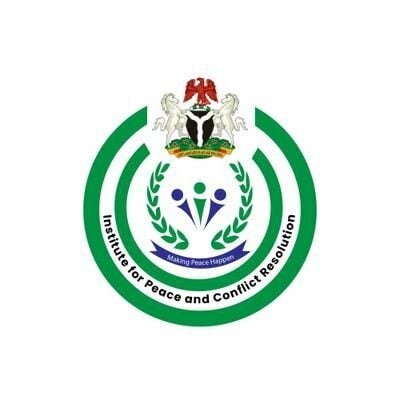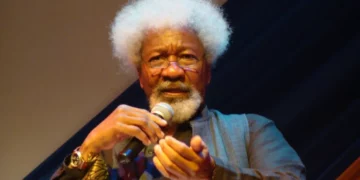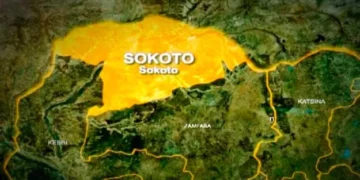To mark its 25th anniversary and the International World Day of Peace, the Institute for Peace and Conflict Resolution (IPCR) has restated the importance of local government autonomy as a frontier for curbing conflict and maintaining peace.
The institution also revealed plans to soon provide one million Nigerians with free, virtual peacekeeping and conflict resolution training.
Speaking at an International Day of Peace—World Press Conference, the Director General of IPCR, Mr Joseph Ochogwu, blamed the weak or total absence of government at the local level as the primary cause of protracted and intractable community crises in Nigeria.
Citing a 2003 research publication of the institute, Ochogwu said that local communities in Nigeria have been abandoned without government presence for years. A situation, he affirmed, the institute’s research over the years re-echoes as a trigger for conflict.
“If you don’t have the presence of local governments at the local community level, then you make those communities vulnerable and susceptible to violence. The local government is the frontline of government agencies for conflict management and conflict resolution. Where they are weak or not in existence, of course, other violent actors will come to play in those areas.
“We must thank the presidency and the attorney general for securing the autonomy of local government authorities at the Supreme Court. People might not understand why we need our local governments to work. If the local government is not working, there is little or nothing that the federal government and the state can do to resolve the common wrongs, contradictions and complexities of the existence of human beings at the community level.”
Ochogwu said an empowered and functional local government must be able to provide basic healthcare, basic education, basic road facilities, and foster a sense of inclusion among its people.
“That is why I will use this opportunity to urge that we allow local governments to work in Nigeria. We must empower the local government to deliver on its mandate. That is because good governance itself is conflict prevention. We cannot allow citizens to connect to the government only at the election point. Governance is a continuous process, and the local government is the first point of contact where every Nigerian official engages with their citizens and deals with issues of immediate grievances.”
As part of its effort to address transhumance (farmer/herder) conflicts, the executive director, said the institute trains and connects local actors to security actors, in terms of response and reporting, to increase relationship between citizens and the state through enlightened citizenship, and upscale their peacekeeping skills with the technical skills to match modern techniques, build confidence and trust among local communities, and security agencies in regional areas of crises.
Moreover, the institute is crafting a curriculum for a free virtual peace and conflict resolution course for one million Nigerians to promote peace education at the grassroots level.
“As we advance, as part of IPCR’s 25th anniversary, our National Peace Academy, which does a lot of work in Bespoke Training on Forgiveness, Justice and Reconciliation, whereby it innovates and creates unique and customised courses for its stakeholders, we promise to deliver tailored training to one million Nigerians, online, for free.
“As we speak, the platform is under development, and the curriculum is under review to ensure it meets the best standards. Nigerians can log in, take the four modules’ courses and receive their certification without charge.”
The institute’s four-day activities to commemorate the International Day of Peace, themed ‘Act Now For A Peaceful World,’ will occur from September 19 to 22. These activities include Jumm’at Prayers on September 19, a Church Service on September 21, and a peace walk on the 22nd to demonstrate collective commitment to peace through public engagement.
The institute will host a Sports for Peace & Mental Health Clinic, combining physical activity with mental health. This will emphasise the importance of addressing the psychological aspects of conflict and trauma while promoting healthy community engagement through sports.





